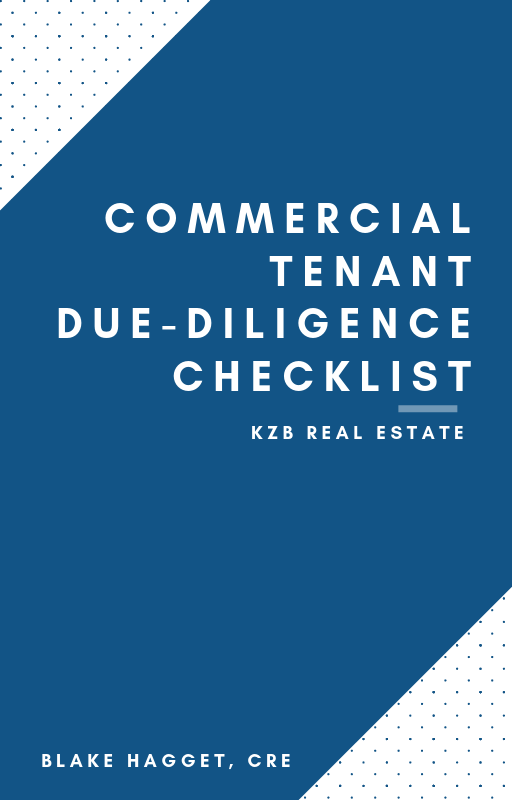Commercial Property Lease With Option to Buy

When negotiating your commercial property lease, it’s important to know your options considering that purchasing office space is often a big expense for a company. In this article, we’ll discuss lease-option-to-buy contracts and how they can be beneficial for tenant-buyers.
What Is a Lease Option to Buy?
A lease-option-to-buy or rent-to-own is a contract used for commercial and real estate properties. The contract includes both a rental and a purchase agreement in which the landowner and the renter agree that after a certain period, the renter has the option to buy the property.
In this type of contract, the landowner requires the tenant to pay an upfront fee and a monthly payment that goes towards the final down payment. Lease-option agreements give tenants the right to buy the home after paying rent payments for a specified period. The main advantage of this agreement is that tenants can lock the price of the property and buy it later. In case the commercial property value escalates, the tenant can purchase the property at the agreed price.
Additionally, people who don’t qualify for a traditional mortgage may still be able to purchase a property through lease-option-to-buy contracts. However, in case the tenant decides not to purchase the property at the end of the specified period, the landowner is not obliged to return the option fee as well the monthly rent payments.
How Does Lease to Own Work on Commercial Property?

In a lease-to-own-work contract, the landowner and the tenant agree to make a contract in which they will specify the stipulated rental period during which the tenant has the option to purchase the rented property. It’s required from both parties to agree on the following:
- Option fee price and sale price
- Length of the contract period
- The amount of the monthly payment to be credited towards the final payment
- the role and responsibility of each party for property maintenance issues
What Is the Difference Between a Lease Purchase and a Lease Option?
Both lease-purchase and lease-option contracts are agreements that allow the tenant to occupy a landowner’s property and purchase it after a certain period. With a lease-purchase agreement, a tenant can also use the commercial property for a certain period in which they are obliged to pay monthly rents. They also need to take care of day-to-day maintenance issues according to the agreement.
However, there are some differences. Unlike lease-option contracts, a lease-purchase agreement obliges the tenant to buy the property after the stipulated rental period ends, whereas, in lease-option contracts, the tenant has the option to withdraw from a property purchase.
To put it more simply, lease-purchase contracts bind both parties to sell and buy respectively, and they give the landowner the right to take legal action against the renter in case they fail to purchase the property.
Is Lease Option to Buy a Good Idea?

Lease-option agreements have a number of advantages for tenants.
First, the tenant can lock in today’s price and buy the property later. Renters can invest in the property and apply the value of the property against the purchase price.
Secondly, the stipulated rent period gives the renter time to save up for the final downpayment.
Thirdly, the lease-option doesn’t bind the renter to buy the property in case they decide to withdraw from the purchase. Finally, renters who don’t qualify for a traditional mortgage may use the rental period to resolve their credit problems and get approved for a mortgage.
It’s worth noting that lease-option agreements also have significant benefits for owners. In this type of contract, the owner receives a non-refundable option fee from the tenant-buyer at the beginning of the contract. The tenant is obliged to take full responsibility for repair and maintenance. Plus, the owner can set a high monthly payment considering that the amount the tenant-buyer pays goes to the eventual purchase.
How Much Rent Should Go Towards Lease Option?
The monthly rent payment in lease-option contracts is equal to or slightly above the fair market rent of the commercial property. Each monthly payment is credited towards the final downpayment. The price of the monthly rent payments is negotiated between the parties.
Usually, the owner offers a credit range of 15%-25%. For example, if the rent for a commercial property would be $2,000, the owner might charge $2,200, with $200 of that price being credited towards the eventual purchase.
If you need help with your commercial real estate leasing agreement, please do not hesitate to contact our team at KZB Real Estate.


